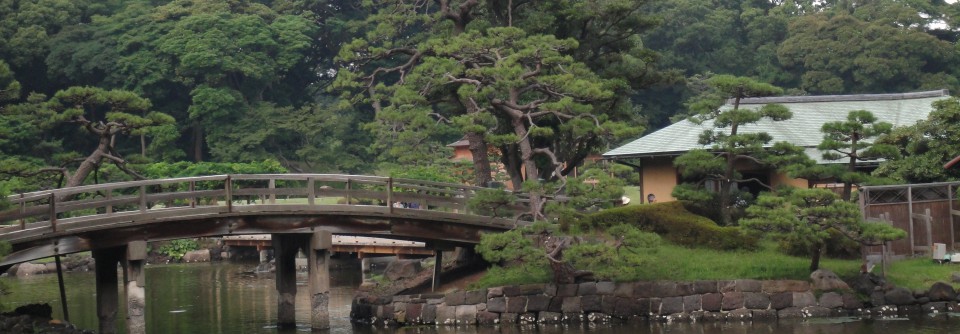Tags
breast cancer, David Fincher, Fumiko Yonezawa, gender equality, Gillian Flynn, Gone Girl, rape victim, Rolling Stone, Sabrina Erdely, Watashi no Rirekisho, Women Against Feminism
The last half of 2014 and the first 3 months of 2015 impressed me as the period of intense feminist backlash in the US due to an almost constant stream of “anti-feminism” phenomena, from the “Women Against Feminism” movement, David Fincher’s misogynistic film based on Gillian Flynn’s Gone Girl, which portrayed an educated pretty woman as a demonic psychopath, to the Rolling Stone magazine’s public retraction of its reporter Sabrina Rubin Erdely’s article about the rape at University of Virginia fraternity house, which will likely discourage rape victims from coming forward in the future. Although Gillian Flynn considers herself as a feminist and the women of “Women Against Feminism” believe in gender equality, these phenomena, unfortunately, seem to somewhat undermine the traditional feminists’ effort to empower women in the culture of systematic victimization of women in social, economic, and personal arenas. The positive element of this kind of feminist backlash is that it, in a way, declares women have won the gender equality – at least in the US. It’s not clear if this is really the case but the general perception says it is; otherwise, I suspect Gone Girl would never have been accepted as excellent entertainment.
In this anti-feminism cultural milieu in the U.S., it was refreshing to encounter a feminist Japanese scientist Fumiko Yonezawa online in the most recent 2-part life story of Watashi no Rirekisho (my curriculum vitae), a documentary series narrated by Hiroki Hasegawa and produced by Nihon Keizai Shinbun (Japanese Economy Journal).
Japanese physicist, Fumiko Yonezawa, is one of the earliest Japanese female scientists. Born in 1938, she is said to have played a feminist pioneer role in the scientific community in Japan. However, unlike the typical feminist pioneer in the US she was in many ways traditional and unapologetically feminine: she was married and had three children with her office-worker husband and she paid much attention to her appearance, wearing make-up and fashionable clothes. The prominent differences between her and average Japanese women were perhaps that she had a husband who helped her in many ways because he was proud of her being an accomplished scientist and that she was unabashedly a go-getter. For instance, when her salary man husband was ordered to move to London alone (a fairly common practice in Japanese corporations at that time) for one year in 1963 shortly after their marriage, she worked hard to obtain a scholarship position from an academic/ research institution in England. She wrote letters to 40 institutions and succeeded in getting a salaried research position from the University of Keele. She turned the research she conducted there into her Ph.D. thesis from the University of Kyoto 2 years later. She also followed her husband to New York after obtaining a salaried fellow position from Yeshiva University when her husband was sent to New York in 1972.
I was also very much moved by the fact that she is still active as a physicist and an advocate for female scientists even after she had suffered from breast cancer in 1983 and 1984. According to Fumiko Yonezawa, part of the reason why she could do what she had done was her sympathetic husband’s help as well as her desire not to let down other female scientists. Although I do not believe every woman can be as accomplished as she is, I think her example will give a great deal of hope and encouragement to girls and women of the world.
